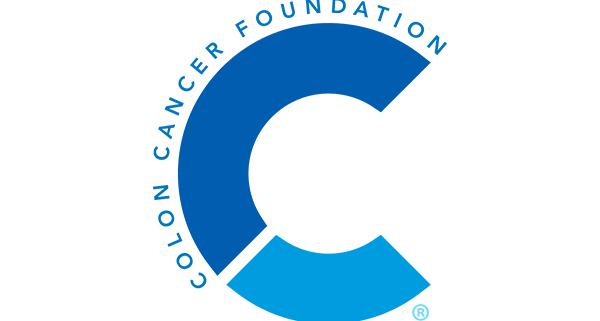If you have recently had a colorectal cancer diagnosis or need a screening, learn more about financial assistance programs that may alleviate some of your medical bills. The Blue Hope Financial Assistance program helps low-income individuals reduce the burden of testing and treatment costs.
The Blue Hope Financial Assistance program offers low-cost screenings for colonoscopies and FIT tests, $300 stipends to assist with screenings or $200 to help with colorectal cancer treatment costs.
To qualify for a low-cost colonoscopy, you must be uninsured or underinsured and have a total income below 200% of the federal poverty guidelines. To be eligible for a stipend, you must be uninsured or underinsured and have a total household income of less than $75,000. If you have received assistance from the program in the past, you may not apply again.
The program does not exclude applicants based on age or genetic factors, so encourage your loved ones to apply if they qualify for the Blue Hope Financial Assistance program.
Learn more about the Blue Hope Financial Assistance program and apply at the Colon Cancer Alliance. Discover more resources on financial assistance and get the tools and support you need online.
Additional resources:
https://www.cancercare.org/financial_assistance
https://www.panfoundation.org/index.php/en/patients/assistance-programs/colorectal-cancer
https://www.ccalliance.org/patient-family-support/financial-assistance-programs
https://www.cancerandcareers.org/en
https://www.allysonwhitney.org/grants/
https://www.cancersupportcommunity.org/resources
https://www.patientadvocate.org/explore-our-resources/national-financial-resource-directory/

